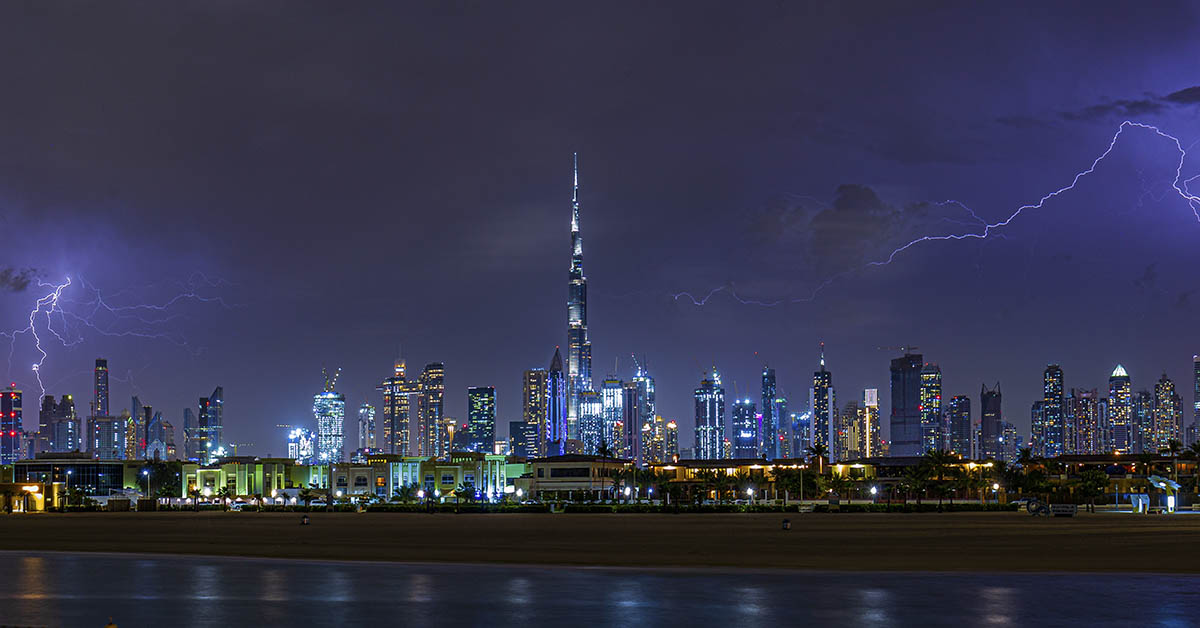Dubai dazzles the world with its luxury, ambition, and futuristic appeal. Visitors flock to admire its man-made islands, lavish hotels, and the towering Burj Khalifa. However, beneath that polished exterior lies a side of Dubai few people discuss. While tourists snap selfies from rooftop bars, others work in silence and hardship. Exploitation, censorship, and inequality drive the city’s rapid growth. Workers, women, and those who speak out often pay the price for Dubai’s success.
One recent case pulled back the curtain. Maria Kovalchuk, a 20-year-old Ukrainian model, vanished after accepting an invitation to an exclusive event. The men who approached her claimed to work in the “modelling business.” Days later, she was found on a roadside in Dubai — broken, bloodied, and barely alive. Her spine had been snapped, and she couldn’t speak. She had no passport, no phone, and no ID. After four emergency surgeries, she survived. Maria’s story is a haunting example of the dangers that exist beneath the city’s high-gloss exterior.
The real Dubai is a city of sharp contrasts. To understand it fully, we must look beyond the glitter and pull back the curtain on the hidden world beneath the luxury, one that most visitors never imagine, and few ever see.
The Price of a Skyline
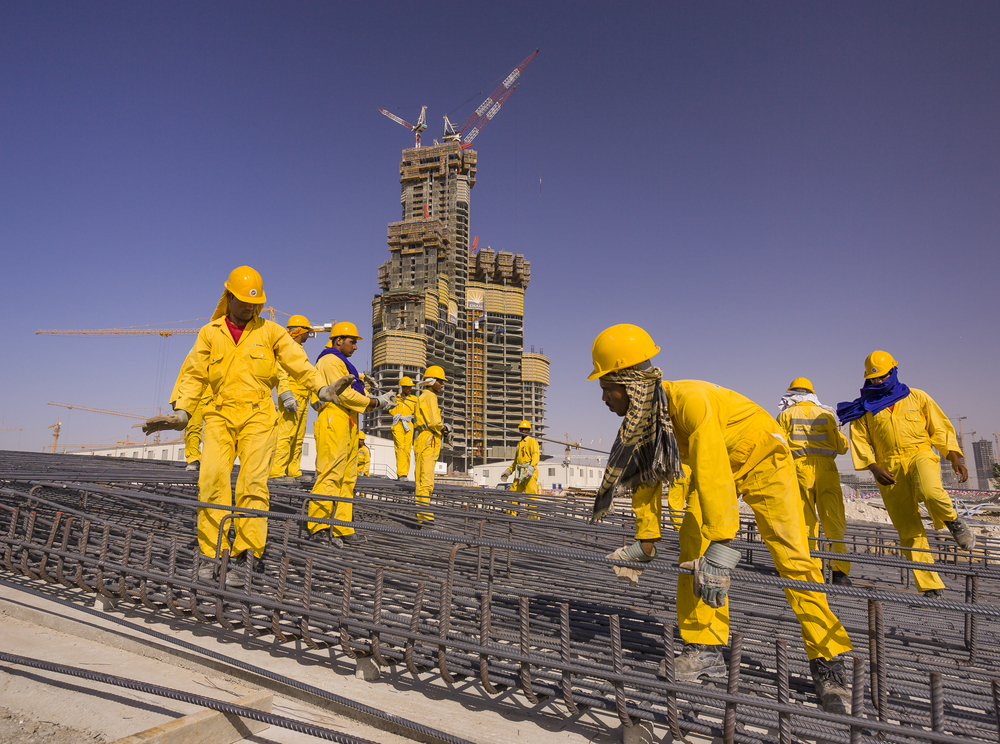
Dubai’s skyline didn’t rise from sand without sacrifice. Migrant workers from Asia and Africa poured sweat and strength into every steel beam and marble floor. Employers, using the kafala system, seize the worker’s passports and restrict their freedom. These workers live in packed dormitories far from the luxurious towers they build. Meanwhile, they work long hours in blistering heat, often for delayed or missing pay. Tourists who admire the city’s skyline rarely consider who risks their health to make it possible. Dubai owes its grandeur to people it often forgets.
Read More: Top National Parks to Visit by State
The Hidden World of the Kafala System
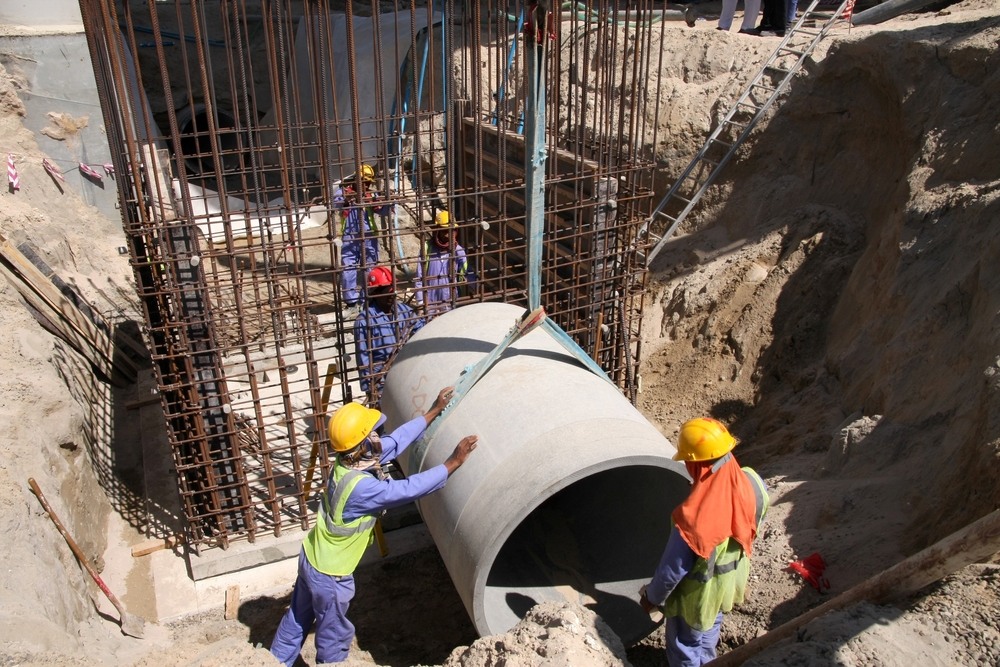
The kafala system, central to Dubai’s labor market, grants employers dangerous control over foreign workers. Many workers arrive full of hope but soon lose their autonomy. Employers can revoke visas, withhold pay, and deny the right to switch jobs. These practices trap workers in debt and fear. Although Dubai officials frequently promise reform, they rarely enforce those changes. As a result, employers continue to exploit the system with few consequences. This imbalance leaves workers vulnerable and voiceless, even as they build Dubai’s wealth.
Sex Work in the Shadows

Dubai projects a conservative, law-abiding image. Yet beneath that reputation lies an illegal but thriving sex industry. Traffickers lure women with promises of hotel or entertainment jobs. Once in Dubai, handlers take their passports and force them into sex work. High-end hotels and private apartments hide this hidden world in plain sight. Authorities rarely intervene, especially when powerful clients are involved. Instead of protecting victims, Dubai’s system protects its image and silence allows this shadow economy to flourish.
Women at VIP Parties: A Glamorous Trap

Exclusive parties in Dubai promise glamour, but they often conceal exploitation. Influencers and models receive invitations to elite events with promises of luxury and fame. However, organizers may pressure them into transactional sex. Many lose their documents and find themselves unable to leave. Some women receive threats when they resist. These gatherings take place in private villas or luxury hotels, shielded from scrutiny. Dubai does little to stop these practices, especially when wealthy men are involved. In this world, luxury becomes leverage.
Dubai’s Instagram Illusion
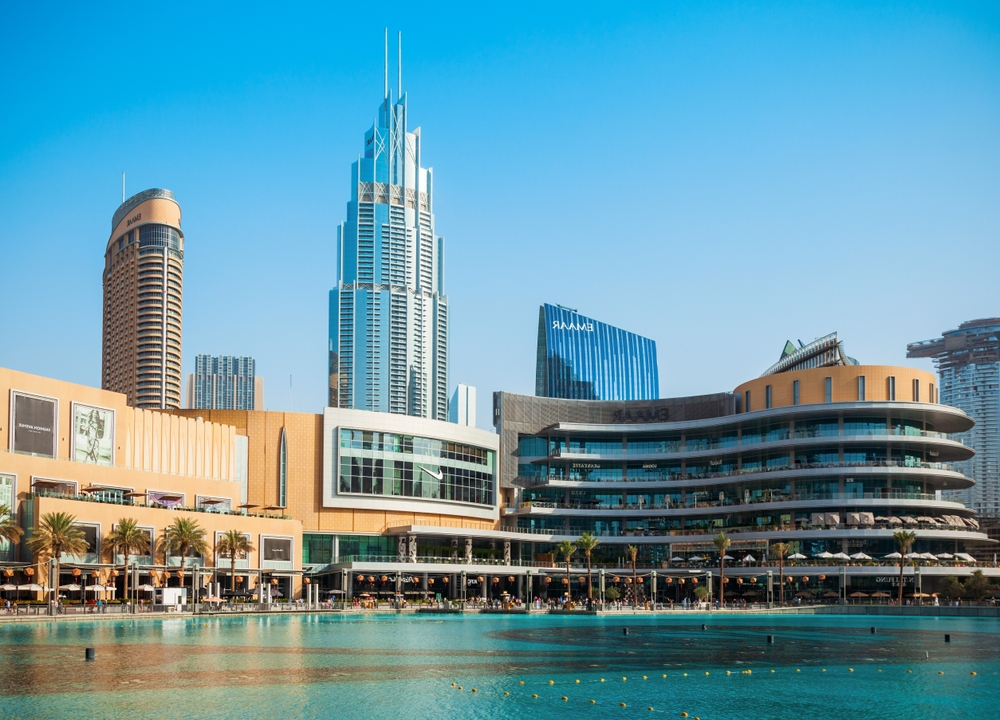
Dubai dominates social media with snapshots of wealth and wonder. Influencers pose in supercars, shop in designer stores, and sip champagne beside infinity pools. But those polished images hide the truth. Behind every flawless photo stands an overworked team cleaning, prepping, and maintaining the illusion. Dubai promotes only those who uphold its brand, not those who question it. By flooding feeds with curated glamour, the city hides its labor issues, environmental costs, and human rights concerns. Social media becomes a spotlight that blinds us to the truth.
No Voice, No Rights
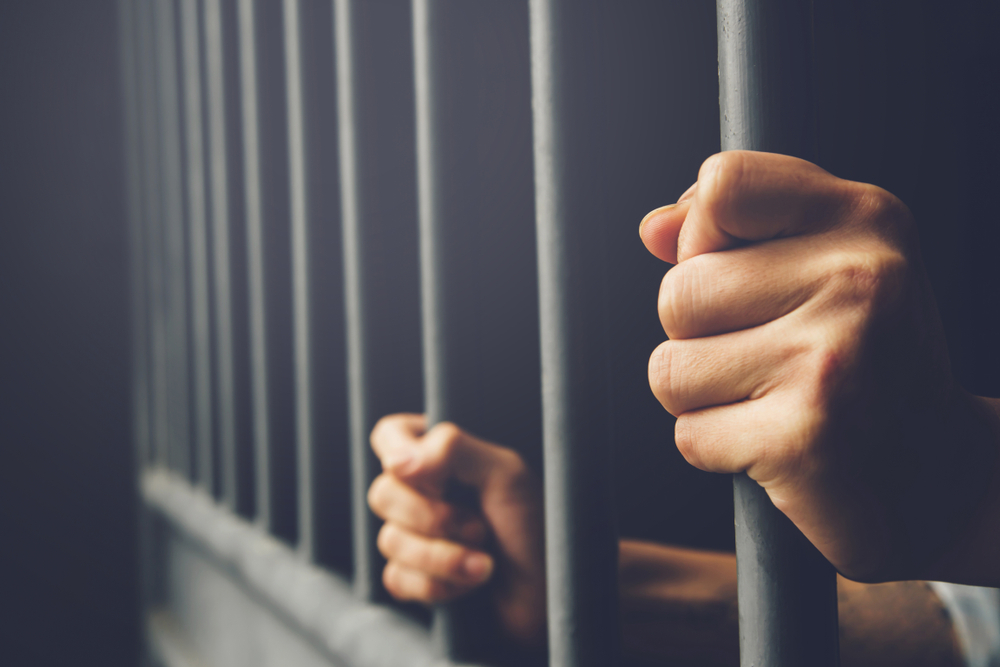
Dubai silences critics with strict laws and heavy consequences, where workers risk deportation for complaining, and journalists face arrest for exposing abuse. Even a critical tweet can land someone in jail. The government controls the media and censors online platforms, and without the ability to speak out, many suffer in silence. Dubai protects its image, not its people. This environment allows injustice to thrive without resistance.
The Illusion of Reform
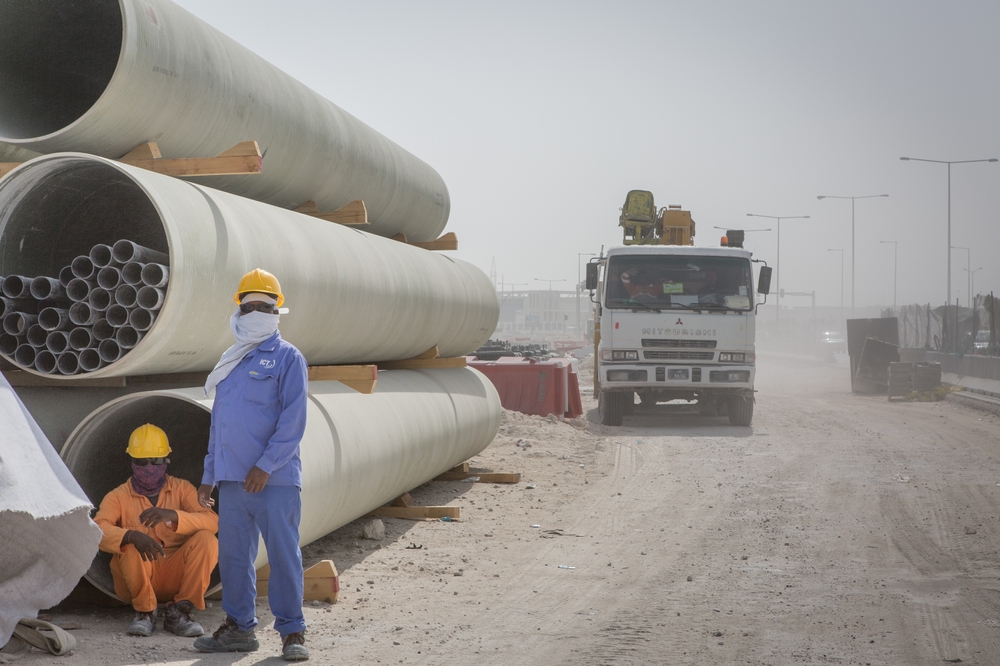
Dubai frequently announces labor reforms, but the reality tells a different story. Employers still underpay workers and violate safety laws without punishment. Hotline systems exist, but workers fear retaliation if they use them, and authorities rarely investigate complaints. In the end, Dubai’s reforms often serve as PR tools rather than real solutions. Without accountability, promises mean nothing. Workers need action, not headlines.
Read More: Swedish Eco-Resort Nightmare: Owners Vanish, Leave 158 Barrels of Human Waste Behind
Environmental Mirage
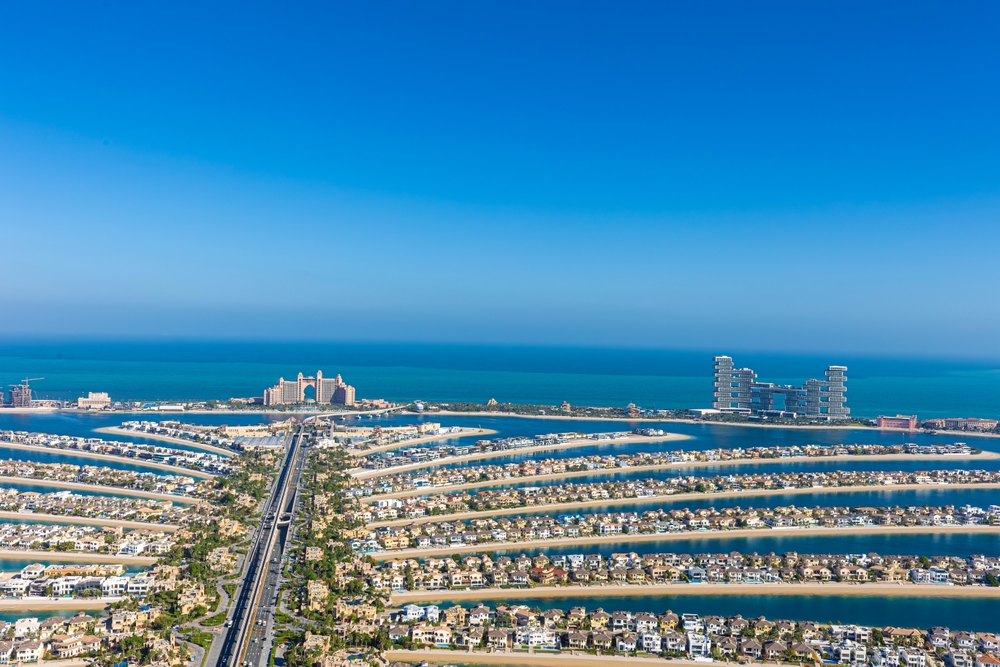
Dubai boasts indoor ski slopes and palm-shaped islands, engineering feats that impress the world, yet these marvels strain the planet. Massive energy consumption powers constant air conditioning and desalination plants. Developers build luxury resorts that erode coastlines and destroy marine ecosystems. Despite marketing campaigns focused on sustainability, Dubai rarely enforces environmental regulations. Its footprint continues to grow. A city built in the desert should protect nature, not conquer it.
Women Behind Closed Doors

Thousands of women work in Dubai as domestic helpers. Most come from Southeast Asia or East Africa, hoping to support their families. Once inside private homes, they often lose all freedom. Some work 16-hour days without rest, others endure abuse, harassment, or worse. Employers hold their passports and control their lives. Legal protection remains weak, and justice rarely arrives. Dubai honors successful women in public but forgets the vulnerable women behind closed doors.
Women’s Rights in Dubai
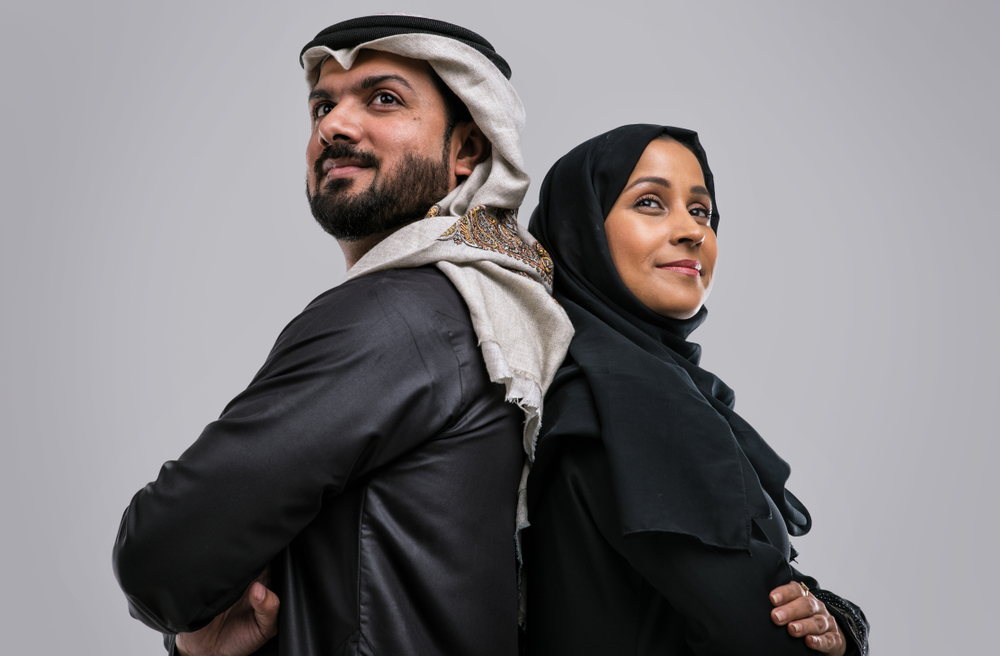
Dubai often presents itself as a progressive, female-friendly city, showcasing powerful women in government and business. However, beneath the surface, women still face serious legal and cultural inequalities. Men can legally marry up to four wives, while women are barred from having multiple husbands, a clear double standard rooted in both law and tradition.
Jail Time for Women Seeking Help
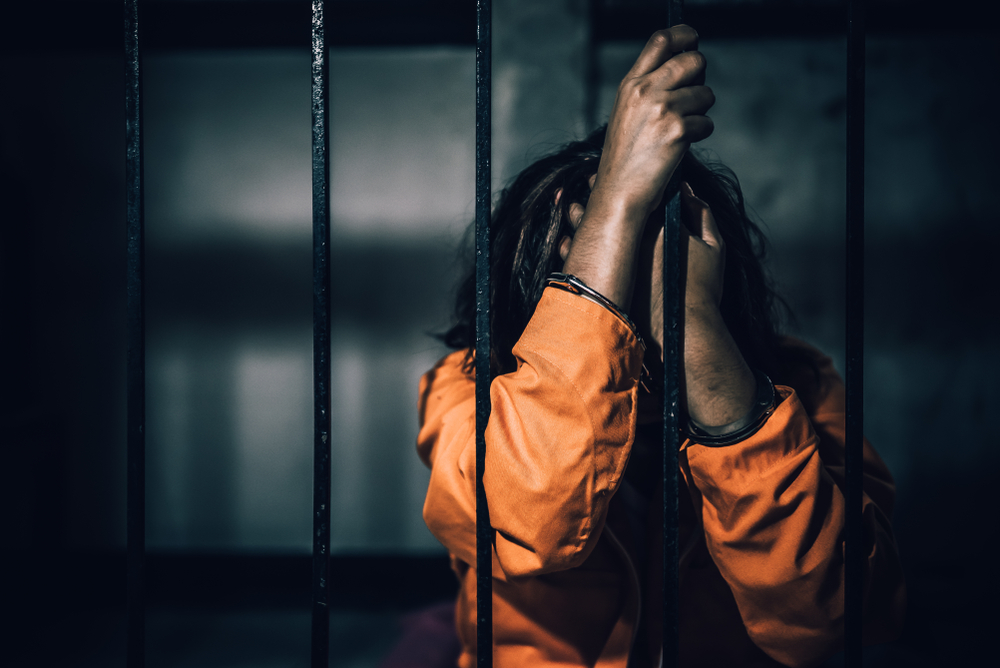
Sexual assault victims in Dubai risk arrest if they report their assault. Because extramarital sex is illegal, survivors must prove non-consent or face charges themselves. Several women, both tourists and residents, have been jailed for seeking help. The law turns victims into offenders, protecting abusers instead of punishing them. Unmarried women who become pregnant also face prosecution unless they can produce a marriage certificate. Hospitals sometimes report them to authorities, leading to detention and deportation.
A Playground for the Rich
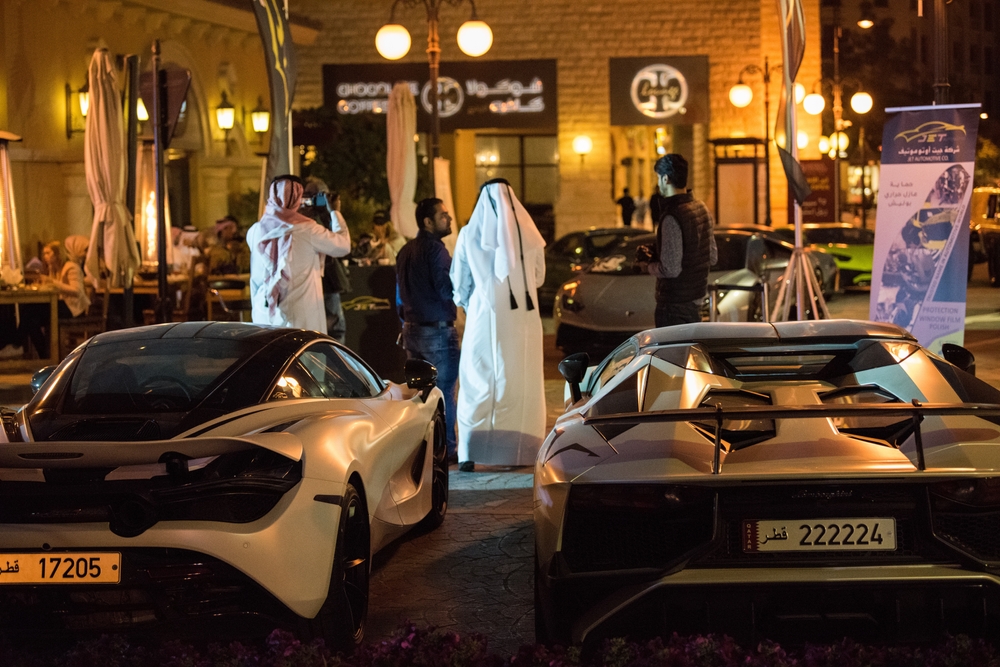
Dubai caters to billionaires, celebrities, and influencers. Supercars roar through streets, and private islands sell for millions, but service workers earn just enough to survive, if they’re lucky. The city’s economy depends on this imbalance. While the rich enjoy tax-free wealth and privacy, the poor face surveillance and restrictions. Dubai enforces this divide with silent precision. It celebrates wealth while ignoring the hands that serve it.
Tourist Paradise or Ethical Minefield?
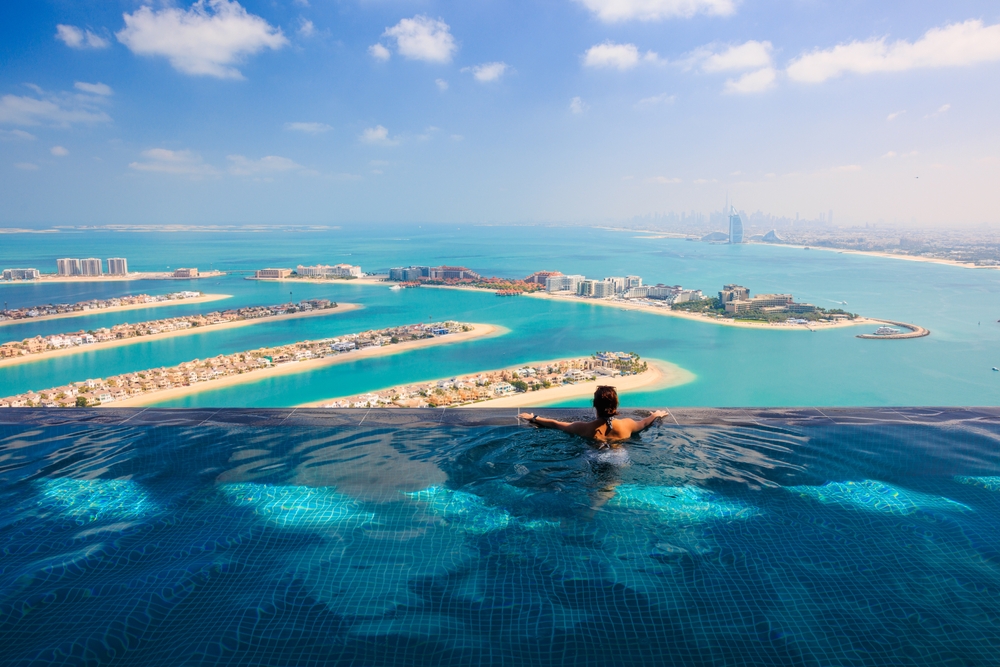
Dubai offers travelers pristine beaches, opulent malls, and luxury beyond compare, yet behind those dazzling experiences stand workers who often face abuse and neglect. Many earn low wages, live in substandard housing, and work long shifts without overtime. While guests sip cocktails, housekeepers clean 20 rooms a day in silence. Tourists rarely see this contrast, but it defines Dubai’s hospitality sector. Ethical concerns don’t end with labor. Developers damage ecosystems to build massive resorts. Clearly, Dubai’s paradise comes at a high cost.
The Business of Silence
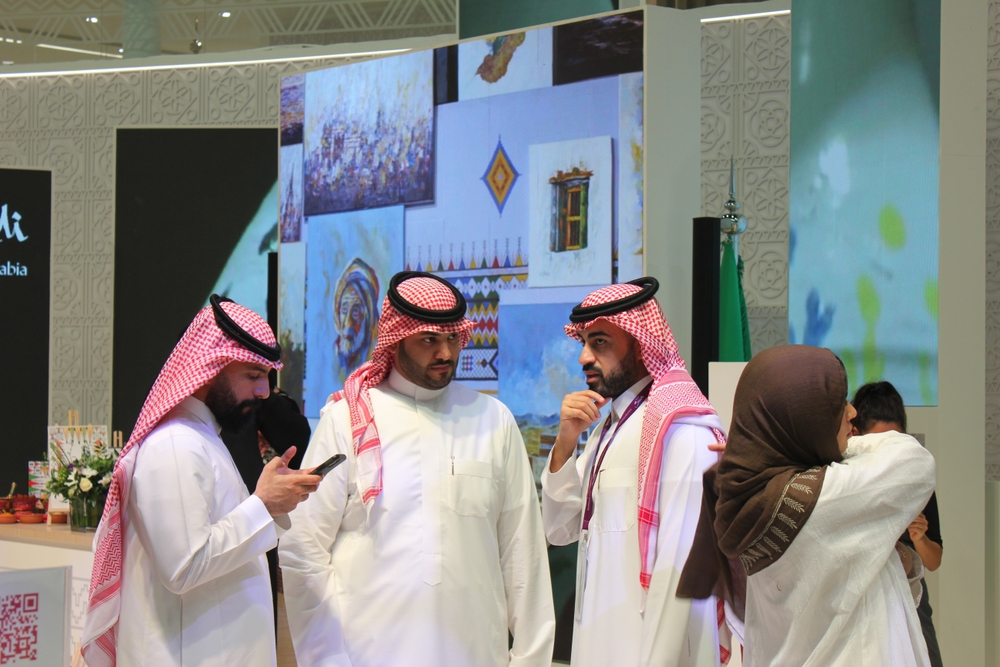
Dubai controls its narrative with skill and precision. Officials restrict journalists and suppress uncomfortable facts. Influencers avoid controversial topics to keep their contracts, and companies stay silent to protect profits. Even global brands rarely speak out, fearing backlash. This silence is intentional and profitable. By muting criticism, Dubai ensures continued investment and admiration, but silence fuels abuse. Without pressure, nothing changes.
Is Change Possible in Dubai?
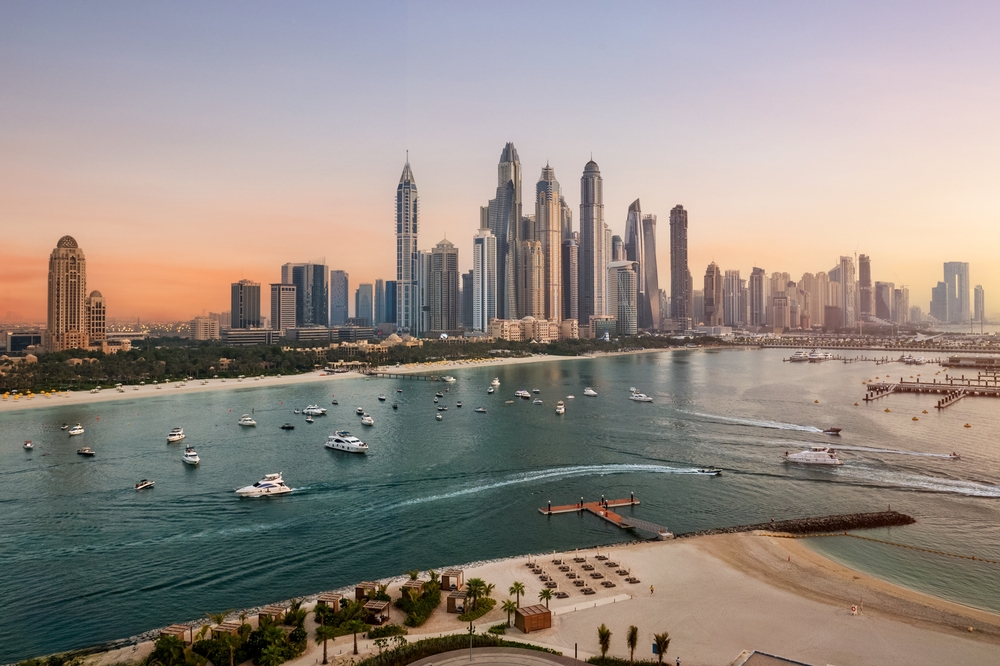
International organizations continue to demand labor reform and free speech. Some businesses now prioritize ethical sourcing, and tourists are beginning to ask tougher questions. Dubai could lead the Gulf in human rights, if it chooses to, as the money and infrastructure already exist; what’s missing is the political will. Change will come when truth matters more than image.
What You Can Do
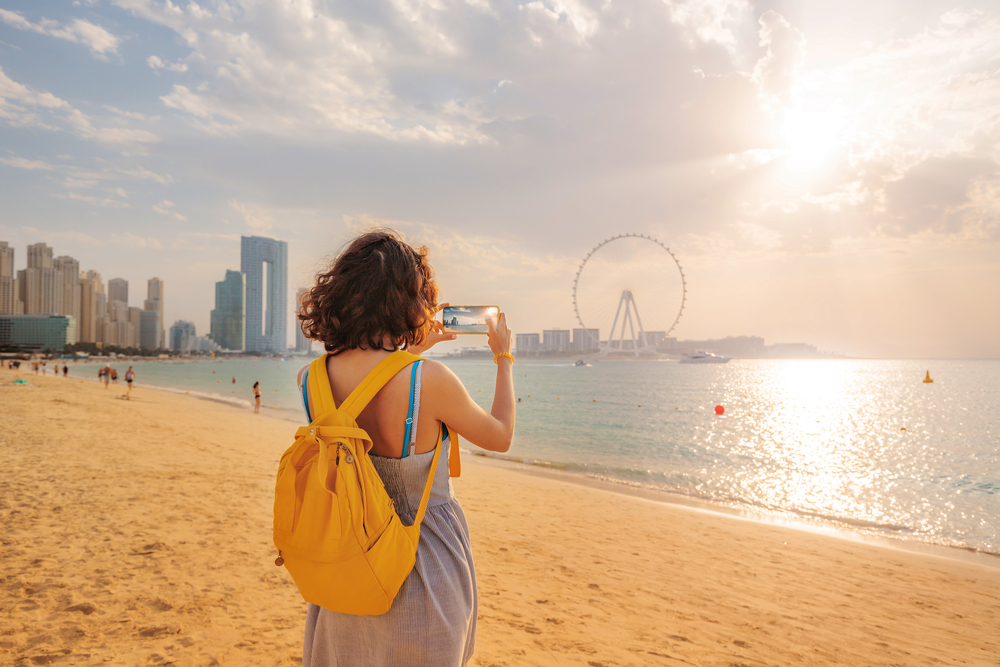
If you visit Dubai, you can make conscious choices. Book with ethical hotels. Support businesses that treat workers fairly, and share what you learn. Follow journalists and organizations exposing abuse, and speak up when something feels wrong. Your actions won’t fix everything, but they help. Every choice sends a message. Let yours say: people matter more than appearances.
Look Beyond the Glitter
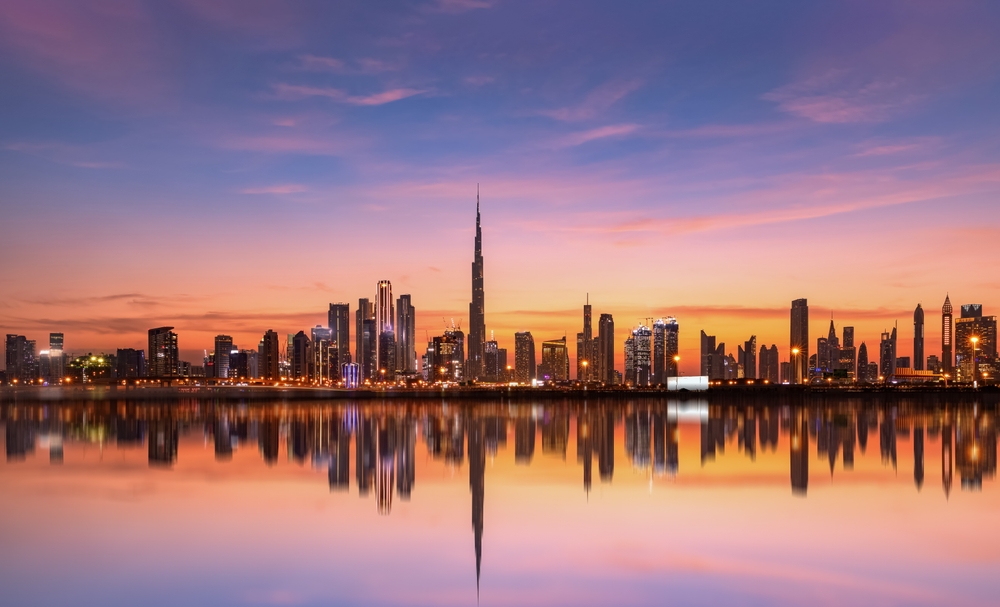
Dubai wants the world to see only its best side, but behind every gold facade lies a story of struggle, sacrifice, and silence. We can admire its beauty while demanding accountability. Real progress begins when we refuse to look away. The next time you scroll past a Dubai skyline, remember the stories it hides. Beneath the glitz, people are waiting to be seen.
Read More: The Former ‘World’s Wealthiest Island’ Where Abandoned Ferraris Now Line The Streets
